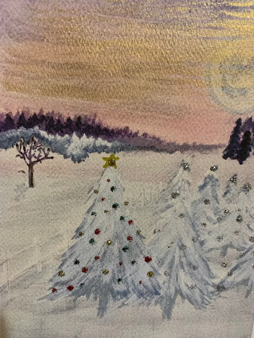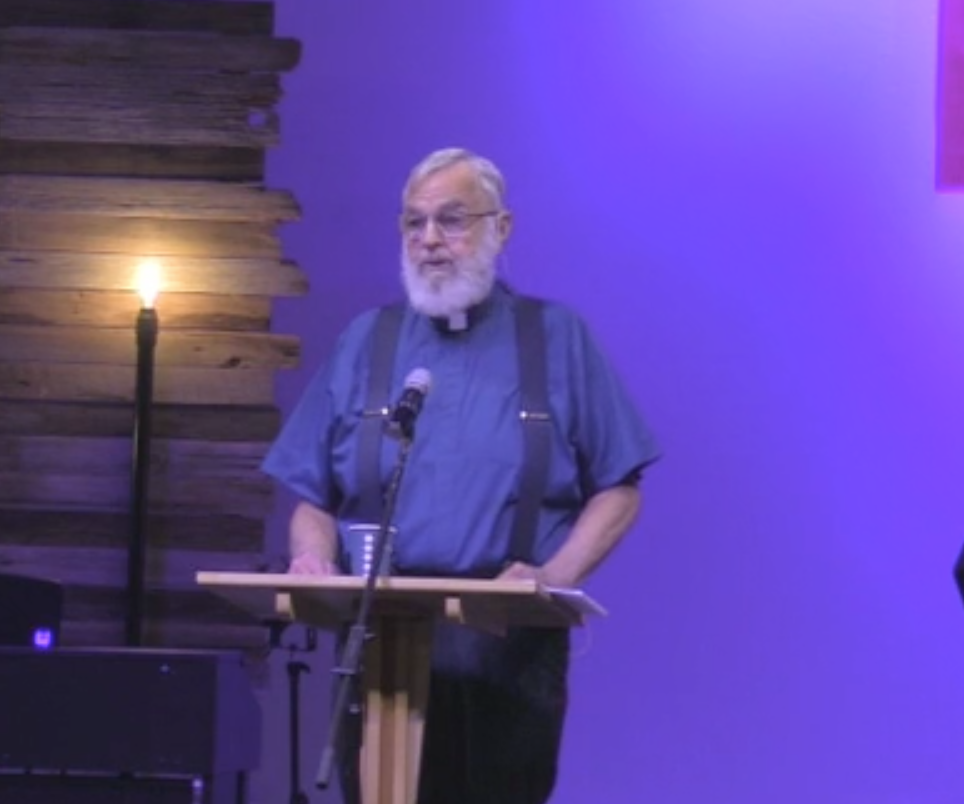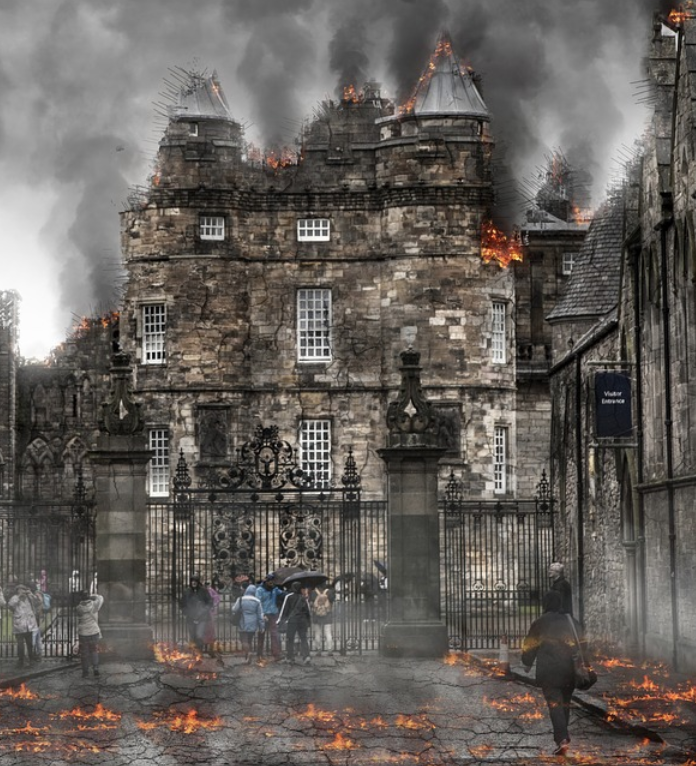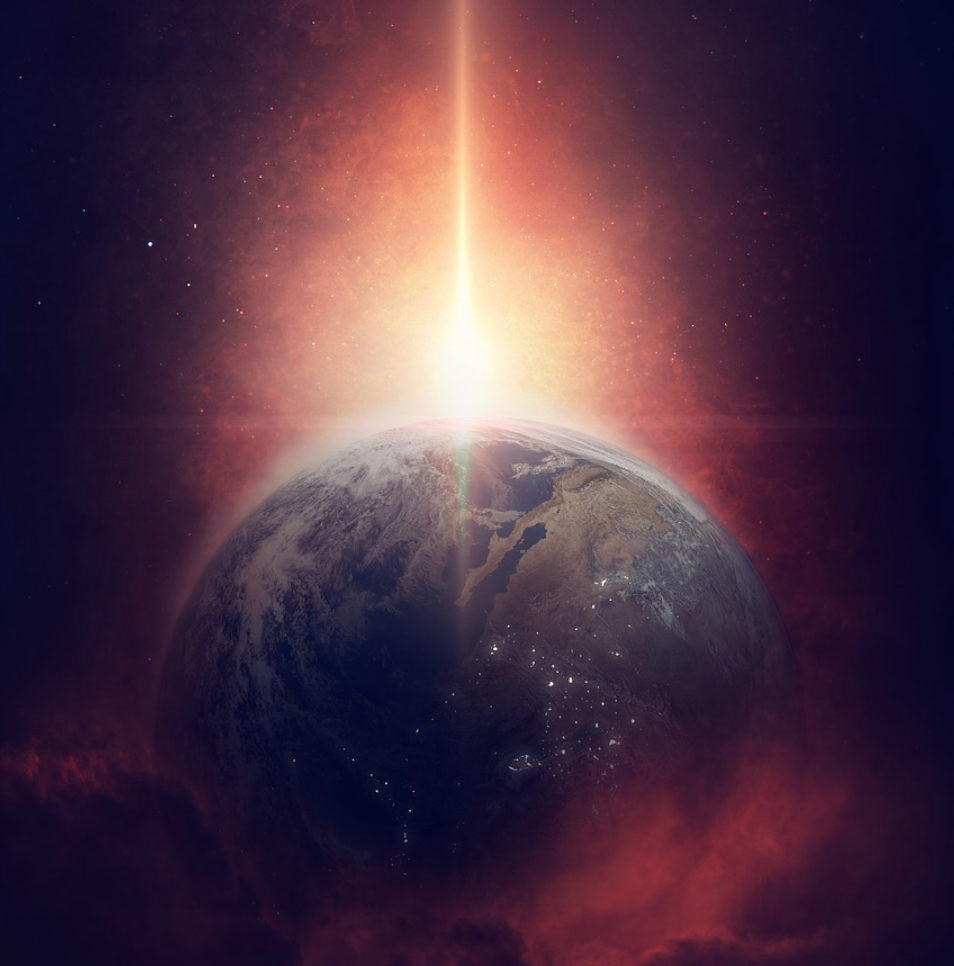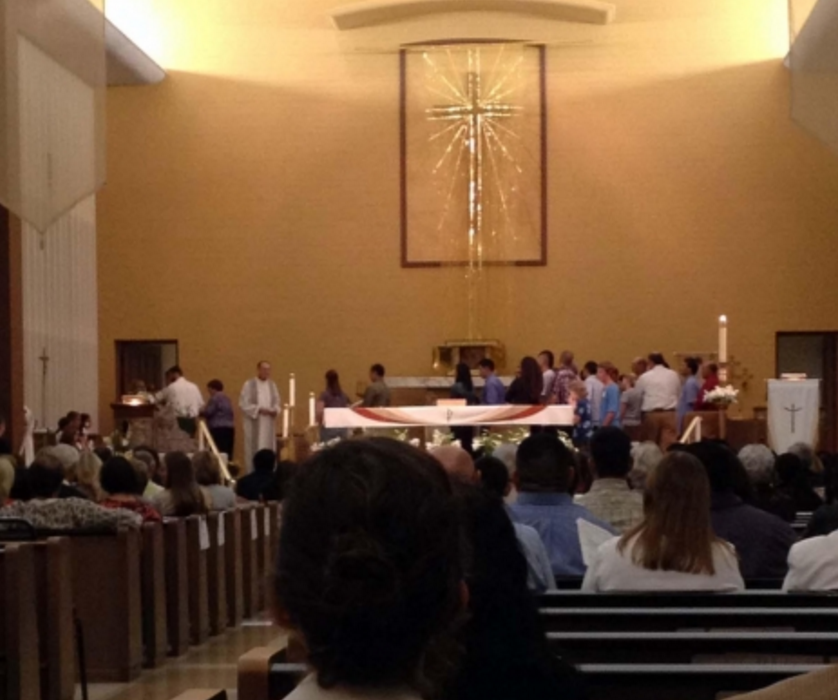These timely new verses seek to update the spirit and language of the carol to today’s earth, “torn with strife,” while reflecting the Old Testament insight that nature sings joyously in honor of the creator.
Robert O’Sullivan homily at Brookings, OR Ecumenical Observance of the 50th Anniversary of the Death of MLK
Major rioting broke out in many American cities after the April 4, 1968 assassination of Martin Luther King. There was significant rioting in 100 cities, with the worst taking place in Baltimore, Washington, D.C., Chicago and Kansas City. Property damage and loss of life were rampant and much of the land was engulfed in grief and fear. But Oakland, with a large African-American population long in conflict with local police, had no significant rioting, despite a shootout between OPD and the Black Panther Party which resulted in the death of 18 year old Bobbie Hutton and the wounding of Eldridge Cleaver, BPP Minister of Information and the well known author of “Soul on Ice.”
This carol features words by 19th century English poet Christina Rossetti which were set to music by composer Gustav Holst.
“It Came Upon the Midnight Clear” is a 19th century American carol created in the context of war which addresses its horror directly. Despite this, it offers hope and a plea for peace.
This beloved carol originated in a 16th century German monastery. Legend has it that a monk was inspired to create it after a Christmas Eve forest walk during which he saw a blooming rose. The imagery is based on Isaiah 11:1 referring to the Branch of Jesse, a central Messianic symbol: “There shall come forth a shoot from the stump of Jesse, and a branch shall grow out of his roots.”
The words and music of this famous German hymn were created by Lutheran Pastor Philip Nicolai at a sad time in his ministry. During the winter of 1597-8, over 1300 people died of the plague in the small village of Unna, near Dortmund, where he pastored. He officiated at many funerals, as many as 30 a day. In a preface to its publication with other hymns and meditations he said he wished “to leave [them] behind me (if God should call me from this world) as a token of my peaceful, joyful, Christian departure, or (if God should spare me in health) to comfort other sufferers whom He should also visit with the pestilence.” The hymn draws richly from biblical sources, including images from the Parable of the Ten Virgins (Matthew 25:1-13) and the Book of Revelation.
In 1965, President Lyndon Johnson, in an historic address to Congress, said: “At times history and fate meet in a single place to shape a turning point in man’s unending search for freedom. So it was at Lexington and Concord. So it was a century ago in Appomattox. So it was last week in Selma, Alabama.”
Three years ago many classmates gathered for a fifty year reunion. It was reassuring to hear many of them tell how this civil rights involvement shaped their later careers, where in different forms and contexts they became involved in many efforts to fight the results of bigotry, injustice, poverty and ignorance. Over a dozen went to Selma in ’65. One, as a rookie pastor, founded the first integrated day care in Louisiana, shortly after finishing seminary in ’68. Many are involved these days in welcoming immigrants, fighting for health, housing and nutrition and opposing injustice and discrimination in many forms.
Dag Hammarskjold was Secretary General of the United Nations when he died in a plane crash in Africa in 1961 while on a peace-keeping mission. Widely admired for his performance in that role, he was rewarded posthumously with the Nobel Peace Prize. Distinguished as his diplomatic career was, it has been equaled remarkably in public interest in a very different sphere—that of Christian spirituality--by the publication of Markings, a sort of diary or journal published after his death. It has remained in print since the 1960’s and is generally considered one of the great Christian devotional classics of the twentieth century, frequently compared with the works of St. Augustine, Pascal, Merton and other important Christian writers.
Based on excerpts from Dag Hammarskjold’s Markings
Our work of peace must begin with the private world of each one of us. To build for man a world without fear, we must be without fear. To build a world of justice we must be just. And how can we fight for liberty if we are not free in our own minds? Dag Hammarskjold
Two Favorite American Christmas Carols
“It Came Upon the Midnight Clear” and “I Heard the Bells on Christmas Day” are both 19th century American carols created in the context of war which address its horror directly.

